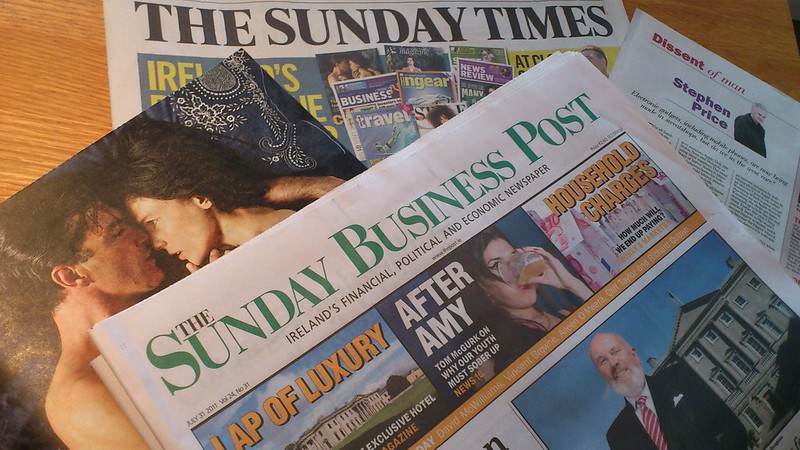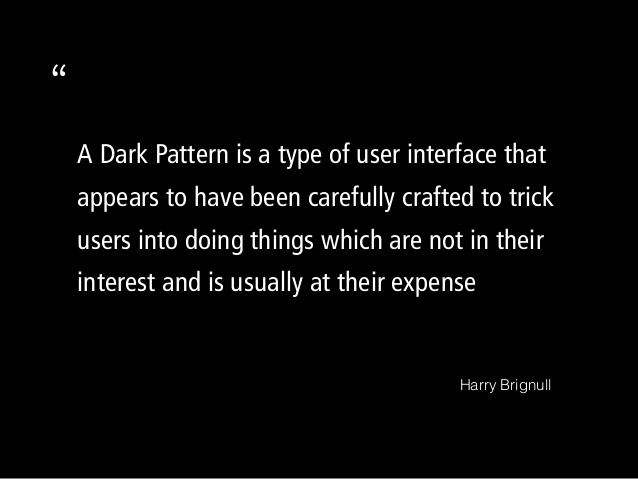
If I told you that Burkina Faso has just seen its second military coup in eight months, would that be a surprise?
Did you know that Finland and Sweden have recently applied to join NATO, as a consequence of Russia’s invasion of Ukraine?
And how about the fact that Egypt and Mexico are both bidding to hold the 2036 Olympics?
Without wishing to throw shade on your global knowledge, I’d be hugely surprised if you knew about all three (or possibly any) of those stories, despite the fact they’re big news for the nations concerned.
And that’s because we all live in news or filter bubbles. Some of those are of our own making and some are constructed without us knowing about it.
That’s because most of us are fed and funnelled our content by algorithms or organisations that are catering to the masses (and usually trying to make money!), which has only worsened with the advent of digital technology.
For example, if you assume that what you see on Facebook or even your Netflix feed is the same as everyone else, you probably need to do a bit of research.
But that won’t apply to what you see or hear on news bulletins, will it? Well, yes and no. Granted the BBC or ITV news are the same for everyone, but they’re still curated by a team that decides what it thinks are the most important stories, as far as they’re concerned.
They’ll decide how much content / airtime to devote to the latest Westminster shenanigans, or a particular crime or other ‘news’ story. You have no say in this.
In fact, one of the only ways you do have of influencing this is your choice of you draw your news and knowledge from. And that’s what I want to pay attention to here.
Now, I’m not against technology. After all, it’s revolutionised so many parts of our lives. However, with great power comes great responsibility and that’s where the difficulty lies, particularly in what content we’re served.
Equally, I’m not complaining about the truthfulness of the news, rather the inevitable bias that every writer/creator brings, and also the reason you’re seeing what you’re seeing and not seeing.
The view from elsewhere
About six months ago, I signed up to get daily email news briefings from both a German and French newspaper (partly selfishly to keep my language skills up-to-date), and another benefit of not being restricted to English-language news.
And I was immediately struck by how different the news agenda was in both countries.
For example, in the French briefing, there’s often far greater coverage of African countries (which were former colonies ?) than you’re likely to see from a UK news organisation.
Meanwhile the geographical proximity of Germany to Ukraine means that the Russian invasion is almost always top of the agenda and the focus feels different.
Another interesting take on world affairs comes from The Rest Is Politics podcast, hosted by Alistair Campbell and Rory Stewart.
Although the focus is on what’s happening in UK politics, they often touch on events in places such as Africa (which Stewart often visits as part of his main day job), South America, Asia or other parts of Europe.
I’m also a big fan of some of the Radio 4 programmes that look beyond the domestic agenda, such as The Briefing Room, Analysis, or More or Less. All of these cover issues – usually in greater depth – that aren’t necessarily featured in your regular daily news bulletin.
I’m not suggesting everyone should and can do this and even that my ‘news diet’ is the correct one.
In fact, many people would ask why it matters. Personally, I think a knowledge of global affairs often helps explain knock-on events that affect us. Here are four small examples:
- Who knew that we relied so heavily on Ukrainian wheat before Putin decided to invade? Or that the energy crisis would be exacerbated by the same conflict?
- Similarly, in France this summer there has been a major shortage of Dijon mustard, because the Canadian mustard crop failed.
- And then there’s the ever-worrying rise of Xi Jinping in China, definitely featured a little in the UK, but not widely (and not on most people’s radars).
Yet China – and its economic success and policies – has such an enormous impact on us (and almost every other country) that it feels odd that it doesn’t get greater coverage. - Similarly, the outcome of the recent Brazilian presidential election is crucial internationally. If only because the fate of the Amazon rainforest could be irreparably damaged if Jair Bolsanaro is re-elected and continues with his plan of deforestation.
These hopefully give a small insight into why an interest in events outside the UK (and to an extent the USA) is useful and to be encouraged.
So, where do you get your news from? And are you sure it’s the only view. And please tell me if you disagree.





Excellent piece Rob. Having been fortunate to have had a global career, I can attest to the massive gap in understanding and perspective we can get by just looking at national news. I knew only one of your three, even so.
There are almost always papers that write in English in other countries so let language not be a deterrent from finding out different perspectives. This is another form of understanding diversity and is almost instantly enlightening when you read it.
Thanks for your comment, Martin. You make a great point about English-language versions of foreign newspapers. In fact, Le Monde automatically defaults to the English version if you arrive from a UK IP address.